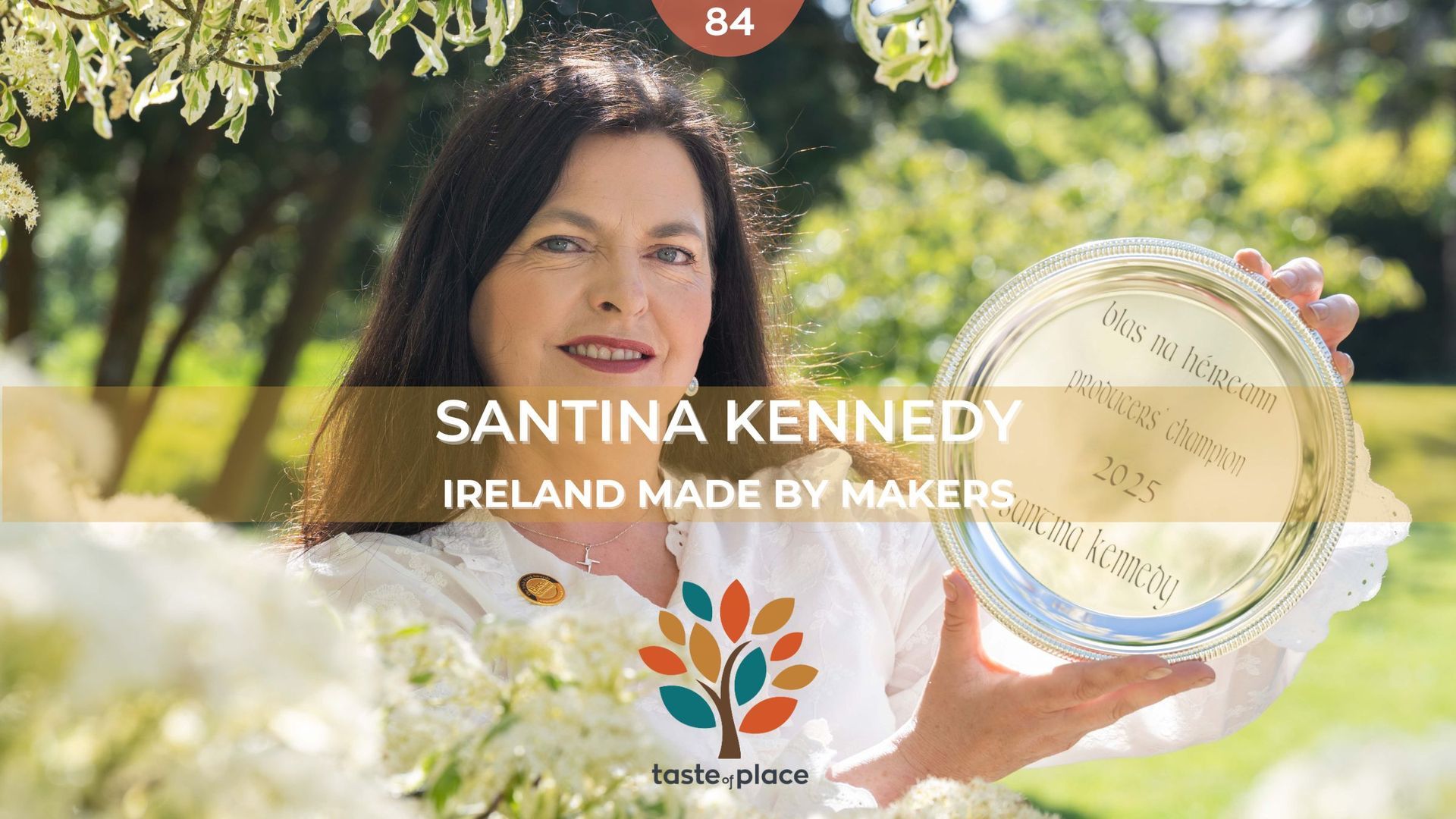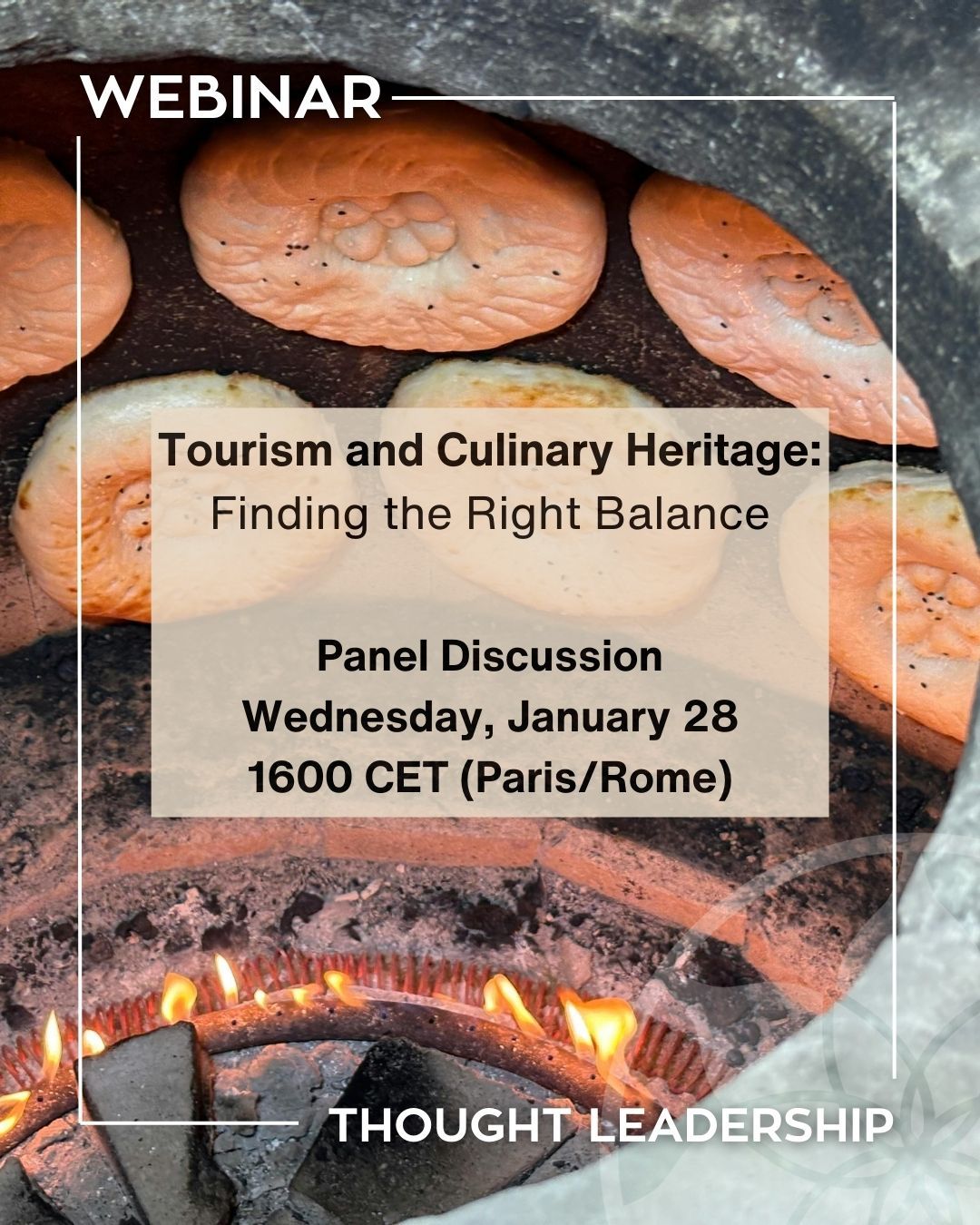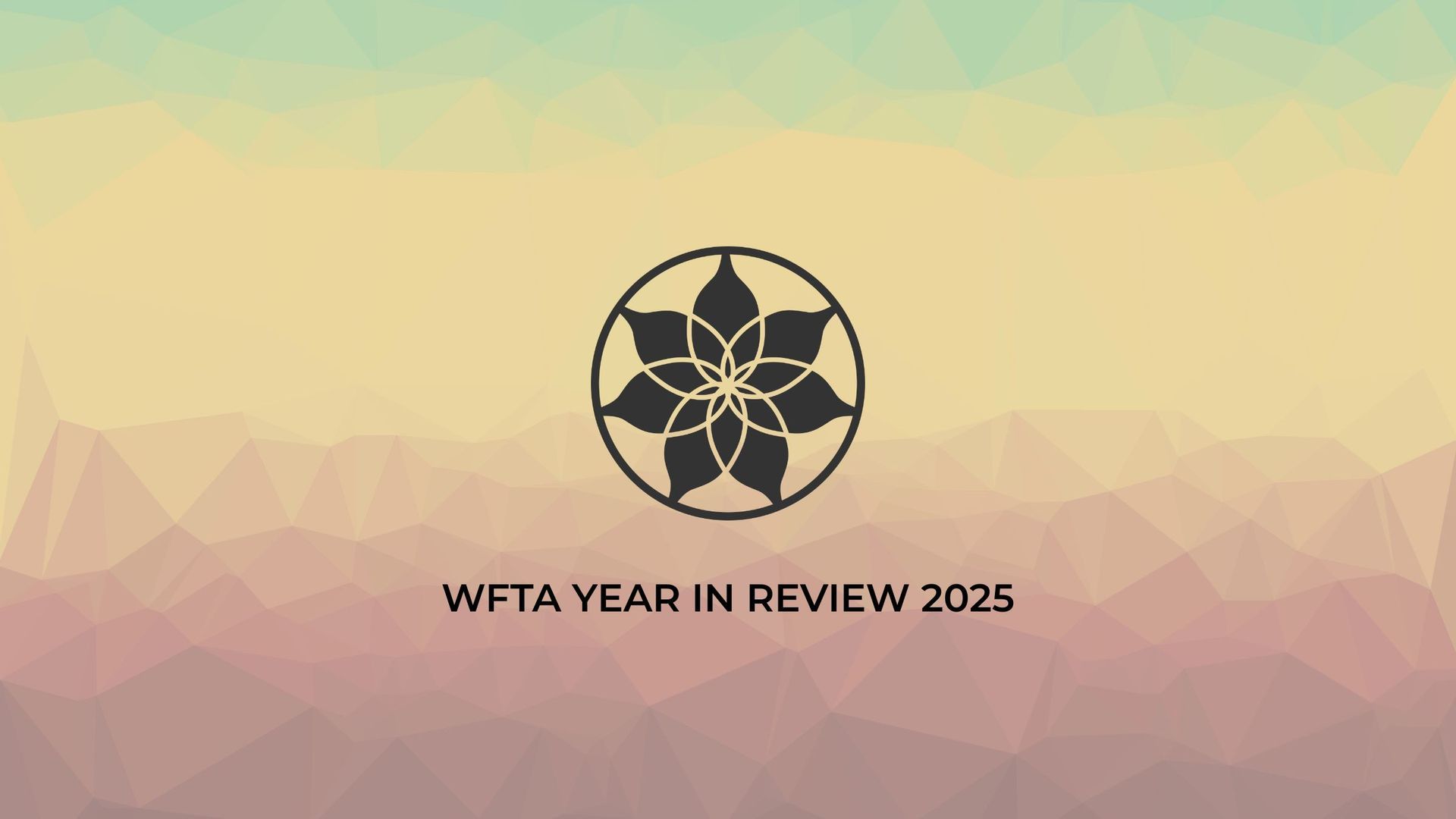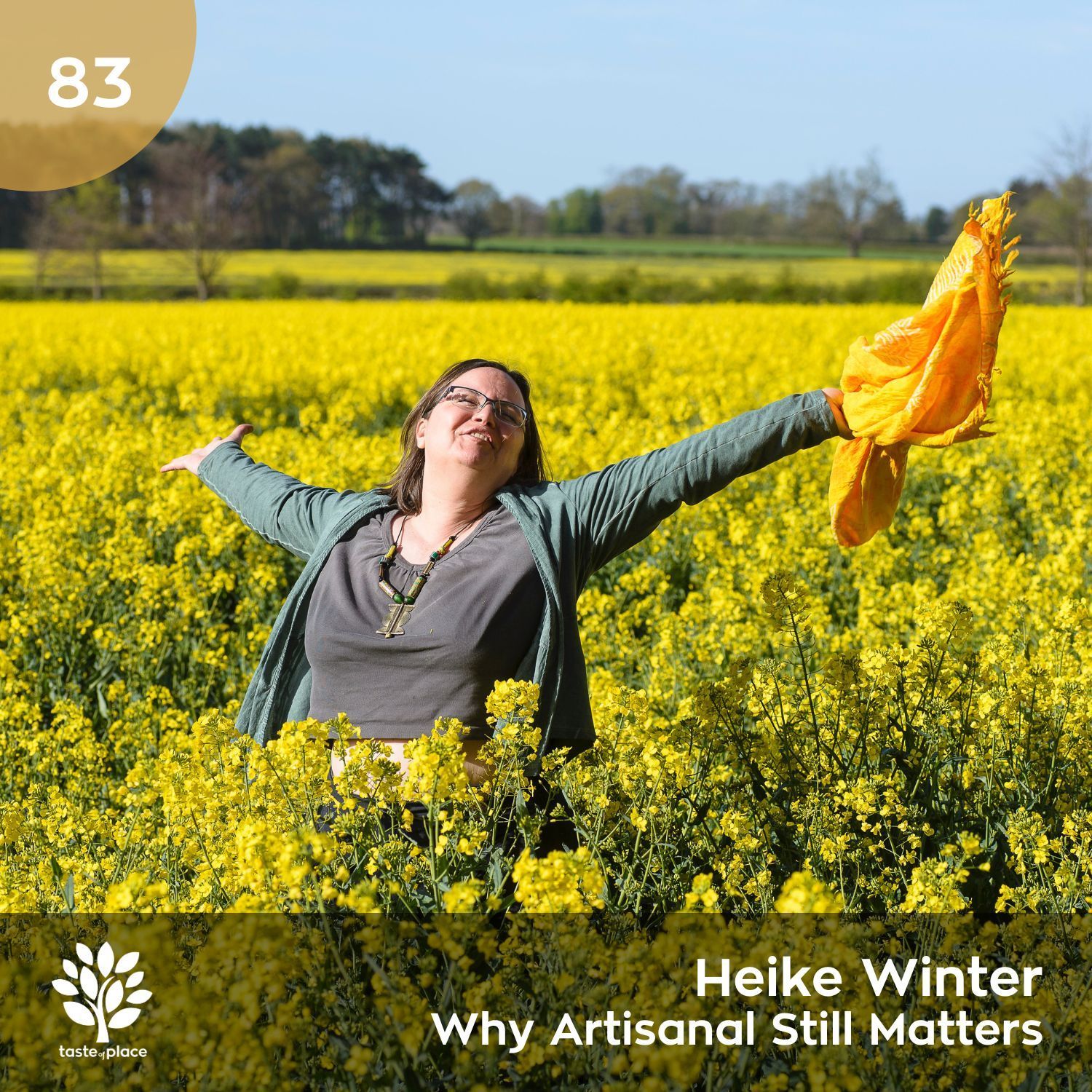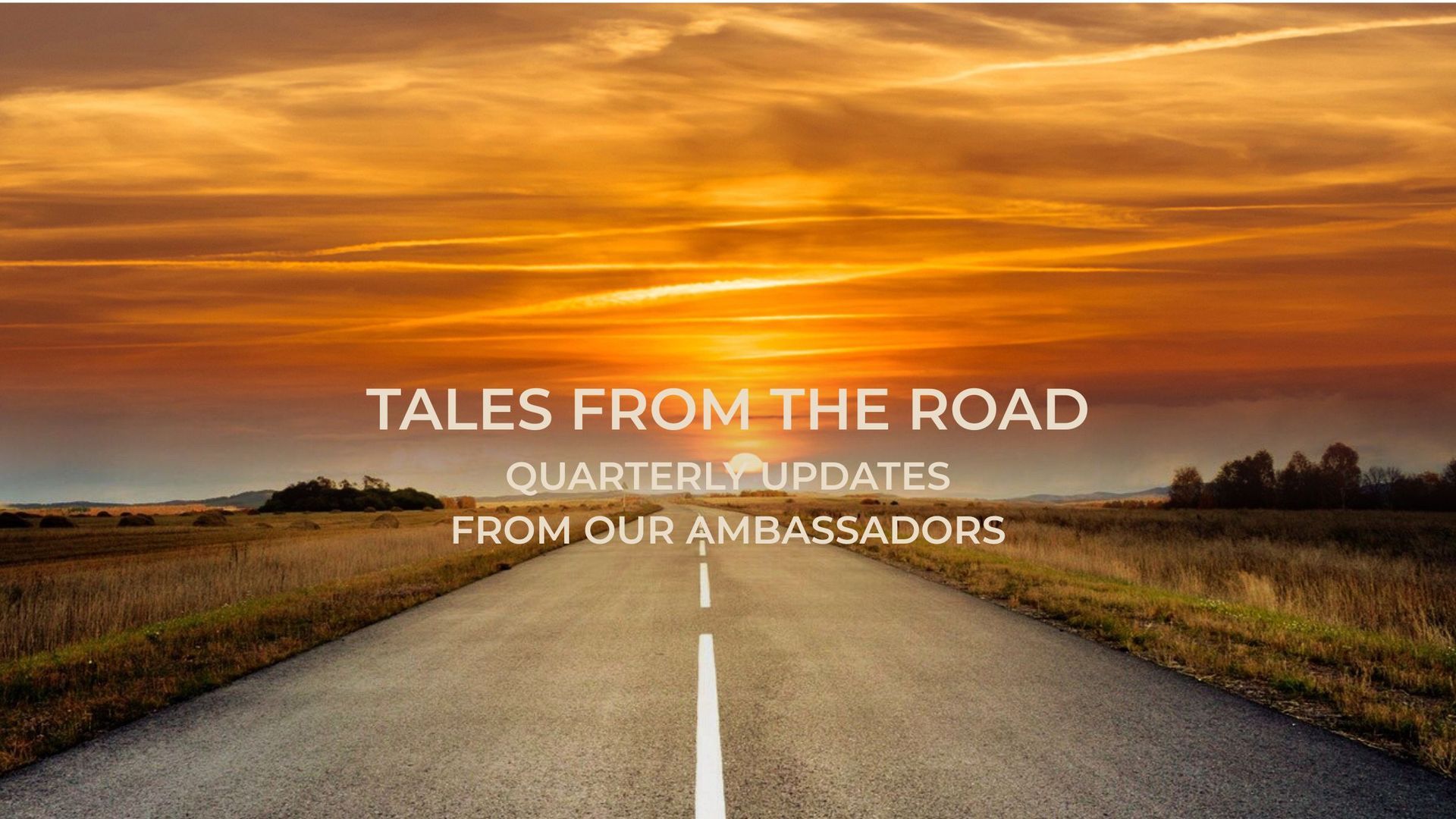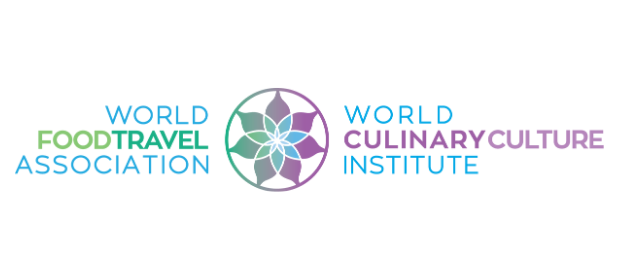Can Food Festivals Help Protect Local Foods?
Food is one of the greatest components of the cultural experiences that delight tourists in every destination. Each destination has its unique and individual taste, essence and stories to offer through its local food, beverages and culinary styles. This diversity is influenced more by bioregional distinctions than by the separation of countries and regions delineated on a map.
Robert Thayer’s book “Life-Place: Bioregional Thought and Practice” defines bioregions naturally rather than by economic or political boundaries. Bioregions are endemic phenomena that directly influence destination food systems. Communities can use food systems to drive their sustainable growth. Yet with globalisation, local foods and food systems come under pressure and are subject to change, sometimes dramatically.
The depletion of biodiversity is an immense threat to the value of a destination’s food chain and its holistic food culture. While contemplating these situations, the presence of food festivals in destinations can actually drive positive change by engaging proactively with local stakeholders.
At the World Food Travel Association, we continuously strive to help businesses and destinations to promote their own sustainable futures through food and beverage tourism. To support our goals, we have chosen the theme of sustainability for our upcoming FoodTrex Global Summit on April 15-16.
Food festivals are often a hub of joy and something many tourists fancy experiencing wherever they go. They are more than just a place to get something to eat. They can also be a way to present the destination’s culinary culture. Tourists are increasingly conscious of responsibility in tourism, and they bring their expectations with them when they travel. This mindset makes food festivals a place where they can get locally sourced or produced foods, often organic or seasonal, and learn something about traditional culinary techniques as well. In other words, done right, culinary festivals can satisfy the new interest in responsibility that consumers demand.
Apart from other culinary tourism activities, food festivals can grow sustainability by helping to brand destinations. They introduce local foods to tourists by educating them and creating an impression which makes them want to return to the area. This puts more attention and priority on regional foods, and gives more reasons for stakeholders to protect their local food systems by investing more in their own sustainable and local food production.
Festivals like the Cuyahoga County Food Fair (in Ohio, USA), balance tourists’ demands without compromising sustainability by offering a wide variety of local foods from the surrounding area. Similarly, Dr Phrang Roy, Chairman of North East Slow Food and Agrobiodiversity Society, created the festival Mei Ramew (Meghalaya, India) as a part of the Slow Food movement. In this festival, the local and indigenous community, farmers, and chefs work together to preserve their bioregional foods and cooking styles for future generations. In the festival, 250 or so tribes gather together to showcase their culinary pride. A successful food festival cannot be produced by the community alone. It requires destination marketing organizations, governments, and the entire tourism and hospitality sector to integrate and understand the bioregion as a whole, and plan a strategy for successful, sustainable growth.
At next month’s FoodTreX Global Summit, we have brought together two experts who will guide you through their experience and case studies. Tracy Berno is Associate Dean Postgraduate and Associate Professor at Auckland University of Technology in New Zealand. She is also the founder and Project Manager of Pacific Food Lab-Aotearoa and works along with Gabriel Levionnois, the founder and Project Manager of Pacific Food Lab in New Caledonia, on multiple sustainable food system projects. Gabriel is also a French-Tahitian chef, restauranteur, and social entrepreneur. Both Tracy and Gabriel share a passion for sustainable local food systems and local culinary cultures. Attend FoodTreX Global and get ideas on how you can work with local food producers and festivals in your destination.
Written by Nivethitha Bharathi. Edited by Erik Wolf.
